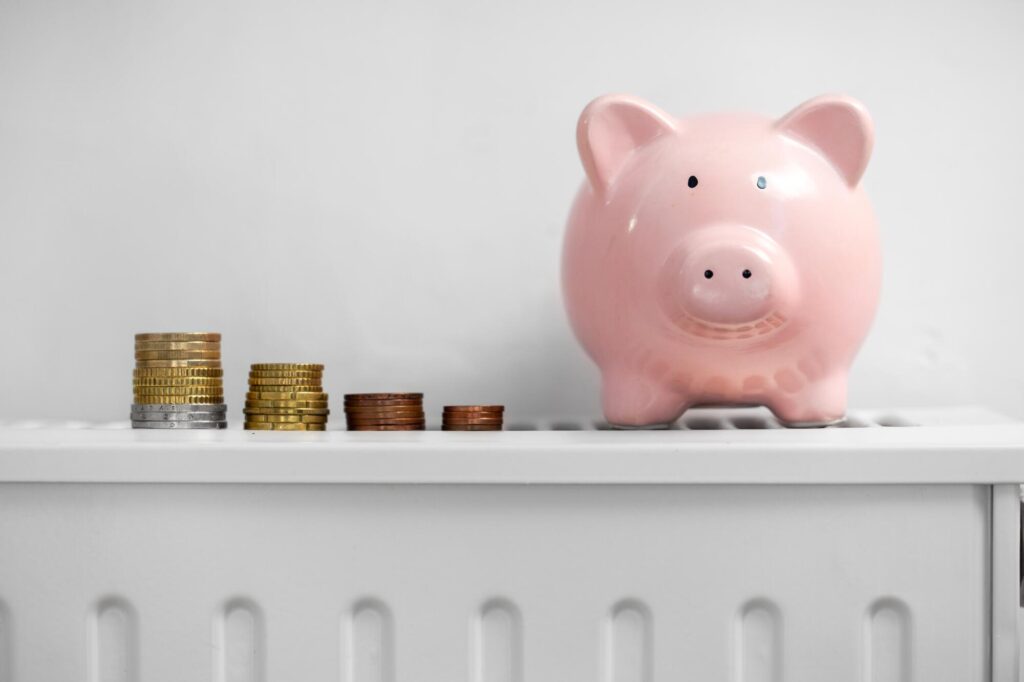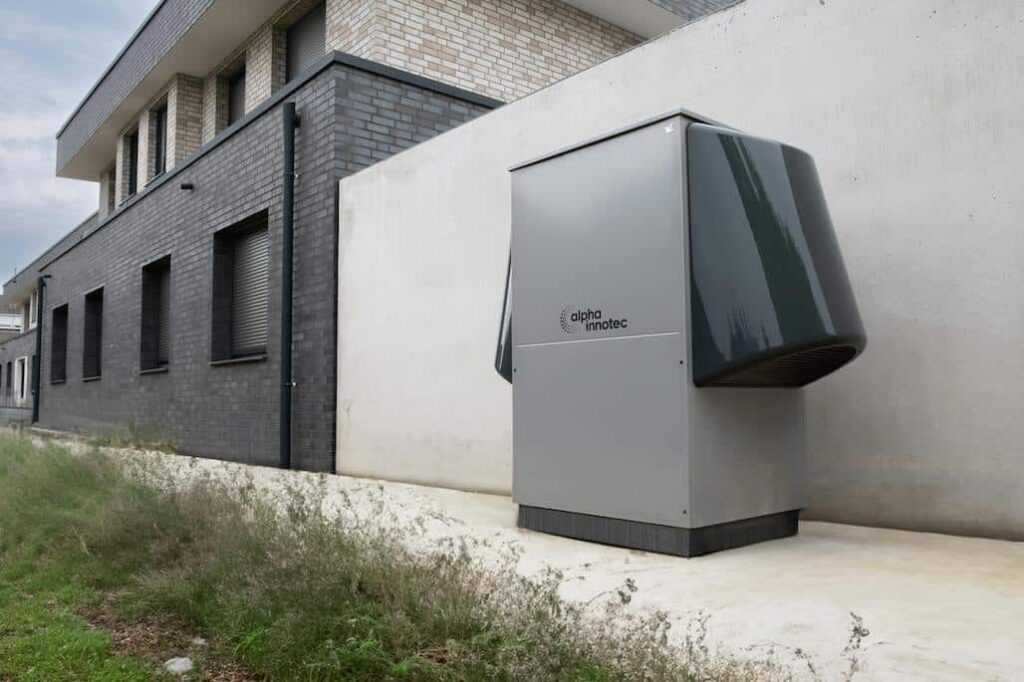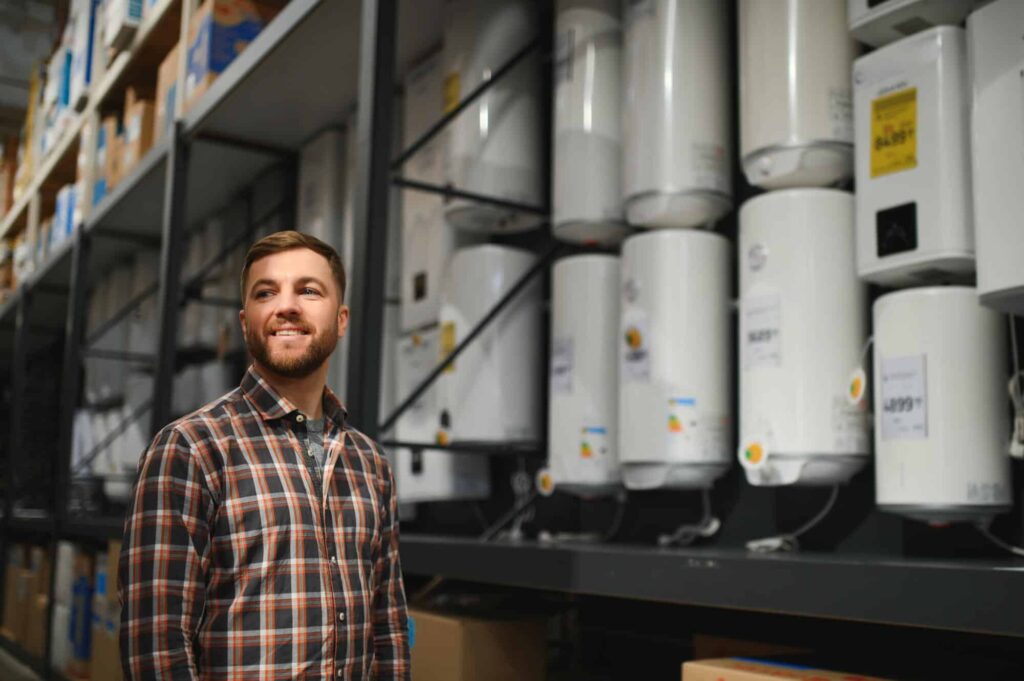How long does a heat pump last? If you’ve ever had to replace an expensive heating or cooling system earlier than expected, this question probably feels familiar. A heat pump is one of the most energy-efficient heating systems available, but like any other major investment, its lifespan depends heavily on how well you care for it.
Without proper maintenance, a heat pump can struggle with performance and run up your energy bills long before its time. On the other hand, a well-maintained heat pump can keep your home comfortable for over a decade. The good news? Extending the life of your system is within your control, and it’s easier than you might think.
In this guide, we’ll break down how long heat pumps last, the key factors that impact their lifespan, and practical tips to ensure your heat pump delivers maximum comfort for years to come.
Table of Contents
ToggleHow Long Does a Heat Pump Last?
When it comes to the heating system lifespan of a heat pump, the numbers usually fall between 10 and 15 years for most models. However, with proper care and usage, some heat pumps can last even longer.
A few key factors play into this, such as:
- The type of heat pump
- The climate in which it operates
- The maintenance it receives over its lifetime
Air-source heat pumps, which are among the most common systems, typically last about 12 to 15 years. They operate by transferring heat from the outside air into your home during the colder months and doing the reverse in warmer months to cool your home. This kind of system is relatively efficient but is more exposed to external conditions like weather changes, which can shorten its lifespan if not cared for properly.
Geothermal heat pumps, on the other hand, tend to have a longer lifespan, with some lasting up to 25 years or more. Since they use the earth’s stable temperature to heat and cool your home, they are less exposed to the wear and tear caused by outdoor elements. However, geothermal systems tend to have higher upfront installation costs, but the long-term savings and extended lifespan make them a worthwhile investment for many homeowners.
Factors That Affect Heat Pump Longevity
Several critical factors influence how long your heat pump will last. Understanding these can help you make informed decisions and ensure you get the most out of your system.
Climate Conditions
Where you live plays a big role in how long your heat pump will function efficiently. Heat pumps in colder climates or areas with extreme temperature swings face more stress.
For example, New England winters can be harsh, and if your heat pump has to work extra hard to maintain your home’s temperature, that can reduce its lifespan. In coastal areas, the salty air can also contribute to rust and corrosion on outdoor units, which can lead to mechanical failure if not addressed.
In contrast, milder climates with moderate temperature ranges tend to be easier on heat pumps, which means systems in these regions may last closer to the 15-year mark or even longer. Geothermal heat pumps, because they rely on steady underground temperatures, aren’t affected as much by climate, which is one reason why they have a longer life expectancy.
Installation Quality
The installation process can make or break the lifespan of your heat pump. A poorly installed system might not operate as efficiently, which could lead to mechanical issues down the line.
Proper sizing of the unit is also crucial. If your heat pump is too small for your home, it will have to work overtime to meet the heating or cooling demand, wearing it out more quickly. On the other hand, if it’s too large, it will cycle on and off more frequently, leading to premature system failure.
At Endless Energy, our in-house installation team ensures every heat pump is installed to the manufacturer’s specifications to prevent common pitfalls that can lead to premature failure. A quality installation means you get the most out of your system, both in terms of heat pump efficiency and lifespan.
System Usage
How often you use your heat pump can also affect how long it lasts. A system that runs almost constantly will naturally wear out faster than one that only operates part of the year.
In homes where the heat pump is the primary source of both heating and cooling, it’s crucial to schedule regular checkups to keep it running smoothly. The more you use your system, the more often it will require maintenance to avoid breakdowns and keep running efficiently.
Importance of Regular Maintenance
If you want to get the most out of your heat pump, regular maintenance is not optional; it’s essential. The more attention you give to your system, the longer it will last and the more efficiently it will operate, keeping your energy bills in check.
The most basic maintenance task you can do is to change the air filters regularly. Dirty filters restrict airflow, making your heat pump work harder to heat or cool your home, which shortens its lifespan. For most systems, filters should be replaced every one to three months, depending on usage and the air quality in your home.
Cleaning the coils is another critical task. The evaporator and condenser coils can collect dirt over time, which can hinder their ability to absorb or release heat. If your coils are dirty, your system will lose efficiency and have to run longer cycles to achieve the desired temperature, which means more wear and tear on the components.
Inspecting ducts and refrigerant levels also plays a major role in maintaining system efficiency. Leaky ducts can cause the system to work harder than it needs to, while low refrigerant levels can indicate a leak or other serious issues.
Electrical connections should also be inspected during routine checkups to ensure everything is operating safely. Faulty connections can lead to overheating or failure of key components. A yearly visit from a qualified technician will ensure that all these aspects are looked at closely and any small issues are resolved before they turn into costly repairs.
Signs Your Heat Pump Needs Replacement
Even with regular maintenance, heat pumps will eventually need to be replaced. It’s better to be prepared for this so you can avoid unexpected breakdowns.
One of the most obvious signs is the age of your system. If your heat pump is over 12 years old, it’s probably nearing the end of its lifespan.
Another sign is rising energy bills. If your energy costs keep increasing despite regular maintenance, it may be a sign that your heat pump is losing efficiency and has to work harder to heat or cool your home.
Frequent repairs are another indicator. If you’ve been calling a technician out multiple times a year, those repair costs can add up quickly. In some cases, it makes more sense to invest in a new system rather than constantly fixing an old one.
Inconsistent heating or cooling is also a sign your system might be on its last legs. If certain rooms in your home are always too hot or too cold, despite adjusting your thermostat, this could indicate that your heat pump is no longer functioning as it should.
When deciding whether to repair or replace your heat pump, consider the cost of repairs versus the cost of a new system. In many cases, if your heat pump is more than 10 years old and requires expensive repairs, replacing it could save you money in the long run.
Heat Pump Care Tips
Taking a few simple steps can go a long way in making sure your heat pump runs efficiently for as long as possible. First, keep your outdoor unit clean and free of debris. Over time, leaves, dirt, and other debris can block airflow, reducing efficiency and causing unnecessary strain on the system.
Another effective way to extend the life of your heat pump is to schedule annual checkups with a professional technician. Regular maintenance can catch problems early, saving you from expensive repairs and ensuring your system runs smoothly.
Using a programmable thermostat can also help by allowing you to set the temperature more efficiently and reduce the need for constant adjustments. This reduces wear and tear on the system and helps you save on energy bills.
Finally, ensure that your heat pump always has the correct refrigerant level. A low refrigerant level can signal a leak, which will make your system work harder and potentially cause serious damage to the compressor.
Protect Your Investment with Expert Care
So, how long does a heat pump last? With the right care, you can expect up to 15 years of efficient heating and cooling from your system. Regular maintenance, smart usage, and addressing issues early all play a huge role in extending your heat pump’s life.
At Endless Energy, we go above and beyond to make sure your heat pump runs smoothly by offering expert installation, comprehensive maintenance, and upfront Mass Save® rebates. Our in-house team ensures quality at every step.
Ready to maximize your heating system’s lifespan? Schedule a consultation with us today to start protecting your investment.





